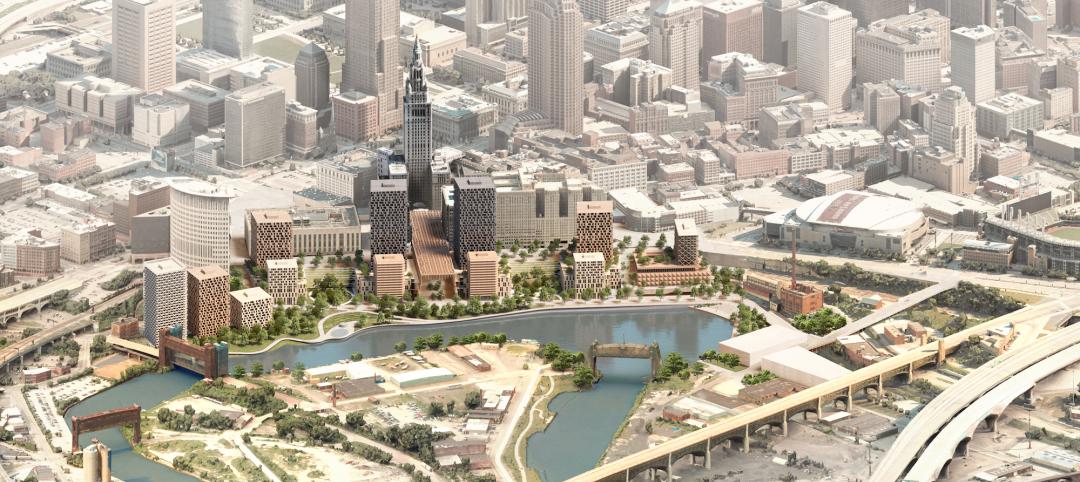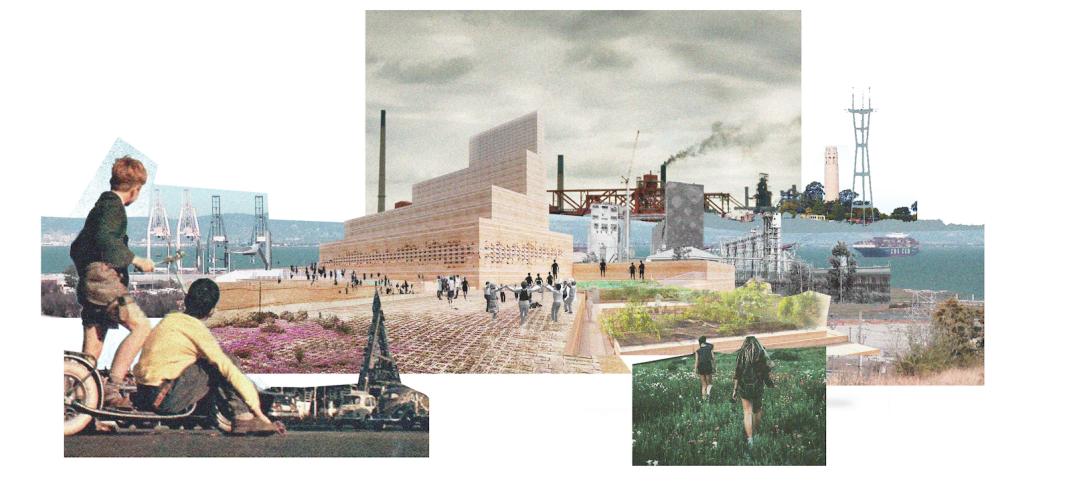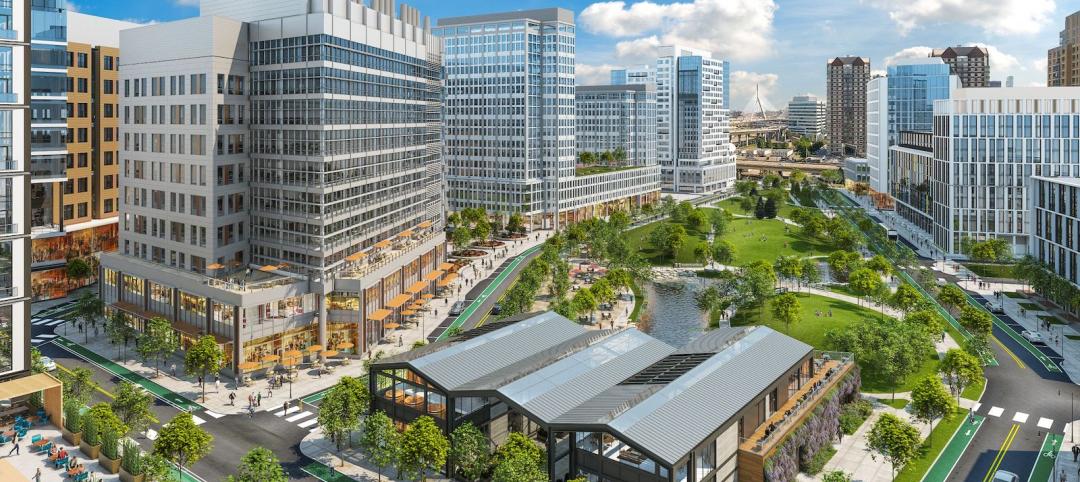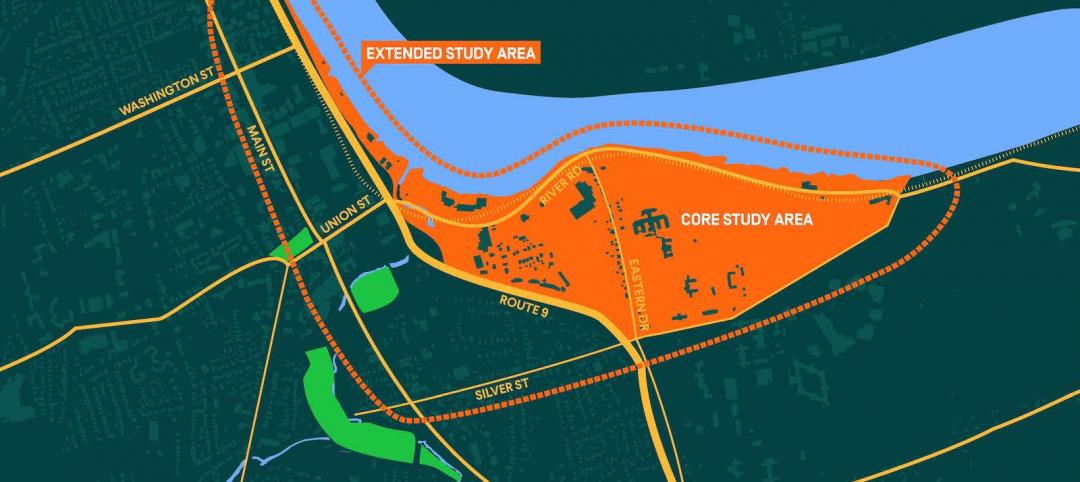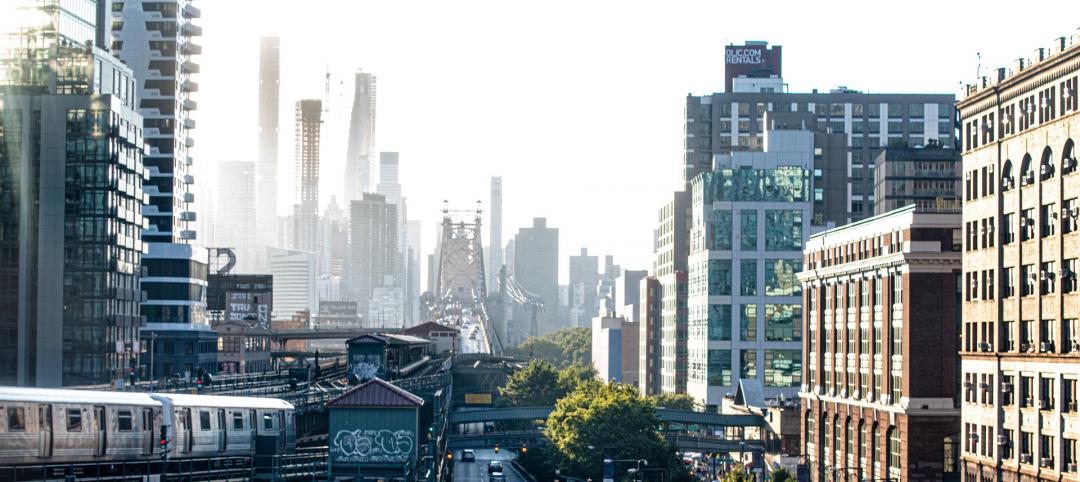On Sundays and for a majority of the summer, the Voie Georges Pompidou closes to cars between the Louvre museum and the Place de la Bastille area, allowing the space to instead be used for pedestrians. However, as Reuters reports, this stretch of highway on the right bank of the river Seine will not be reopening this year, as Paris has plans to permanently transform the area into a riverside park.
The banks of the Seine were designated a UNESCO World Heritage site and, the right bank specifically, runs past some of the city’s major landmarks, such as the Ile de la Cite, Notre Dame and Paris city hall.
The plans to close the highway stem from a goal to reduce pollution caused by motor traffic in the city. The highway was built in the 1960s and brought cars to a place were they never were before, increasing pollution and taking up valuable space that could otherwise be used for pedestrians.
While the goal of reducing pollution is admirable, many people are worried that the move will just increase congestion and pollution in other areas of the city. Some restaurant owners on the right bank worry that closing the highway will negatively affect their businesses, fearing traffic will be forced from the road by the river and up to the streets outside their restaurants, becoming a nuisance for people on the terraces.
Paris’s Deputy Mayor, however, says the city just needs time to adjust to the change and the increased local traffic will be temporary as people find and grow accustomed to new ways to reach their destinations.
The left bank highway has been closed to cars between the Musee d'Orsay and the Eiffel Tower since 2013. The area has become a popular park featuring outdoor cafes and sports facilities. Paris city officials hope closing the right bank to traffic will produce similar results.
Related Stories
Multifamily Housing | Feb 21, 2023
Watch: DBA Architects' Bryan Moore talks micro communities and the benefits of walkable neighborhoods
What is a micro-community? Where are they most prevalent? What’s the future for micro communities? These questions (and more) addressed by Bryan Moore, President and CEO of DBA Architects.
Augmented Reality | Jan 27, 2023
Enhancing our M.O.O.D. through augmented reality therapy rooms
Perkins Eastman’s M.O.O.D. Space aims to make mental healthcare more accessible—and mental health more achievable.
Urban Planning | Jan 18, 2023
David Adjaye unveils master plan for Cleveland’s Cuyahoga Riverfront
Real estate developer Bedrock and the city of Cleveland recently unveiled a comprehensive Cuyahoga Riverfront master plan that will transform the riverfront. The 15-to-20-year vision will redevelop Tower City Center, and prioritize accessibility, equity, sustainability, and resilience.
40 Under 40 | Oct 19, 2022
Meet the 40 Under 40 class of 2022
Each year, the editors of Building Design+Construction honor 40 architects engineers, contractors, and real estate developers as BD+C 40 Under 40 awards winners. These AEC professionals are recognized for their career achievements, passion for the AEC profession, involvement with AEC industry organizations, and service to their communities.
Urban Planning | Jul 28, 2022
A former military base becomes a substation with public amenities
On the site of a former military base in the Hunters Point neighborhood of San Francisco, a new three-story substation will house critical electrical infrastructure to replace an existing substation across the street.
Urban Planning | Jul 19, 2022
The EV charger station market is appealing to investors and developers, large and small
The latest entry, The StackCharge, is designed to make recharging time seem shorter.
Sustainable Development | Jul 14, 2022
Designing for climate change and inclusion, with CBT Architects' Kishore Varanasi and Devanshi Purohit
Climate change is having a dramatic impact on urban design, in terms of planning, materials, occupant use, location, and the long-term effect of buildings on the environment. Joining BD+C's John Caulfield to discuss this topic are two experts from the Boston-based CBT Architects: Kishore Varanasi, a Principal and director of urban design; and Devanshi Purohit, an Associate Principal.
Sponsored | Healthcare Facilities | May 3, 2022
Planning for hospital campus access that works for people
This course defines the elements of hospital campus access that are essential to promoting the efficient, stress-free movement of patients, staff, family, and visitors. Campus access elements include signage and wayfinding, parking facilities, transportation demand management, shuttle buses, curb access, valet parking management, roadways, and pedestrian walkways.
Urban Planning | Apr 5, 2022
The art of master planning, with Mike Aziz of Cooper Robertson
Mike Aziz, AIA, LEED AP, Partner and Director of Urban Design with Cooper Robertson, discusses his firm's design for the redevelopment of a Connecticut town's riverfront.
Multifamily Housing | Mar 29, 2022
Here’s why the U.S. needs more ‘TOD’ housing
Transit-oriented developments help address the housing affordability issue that many cities and suburbs are facing.





